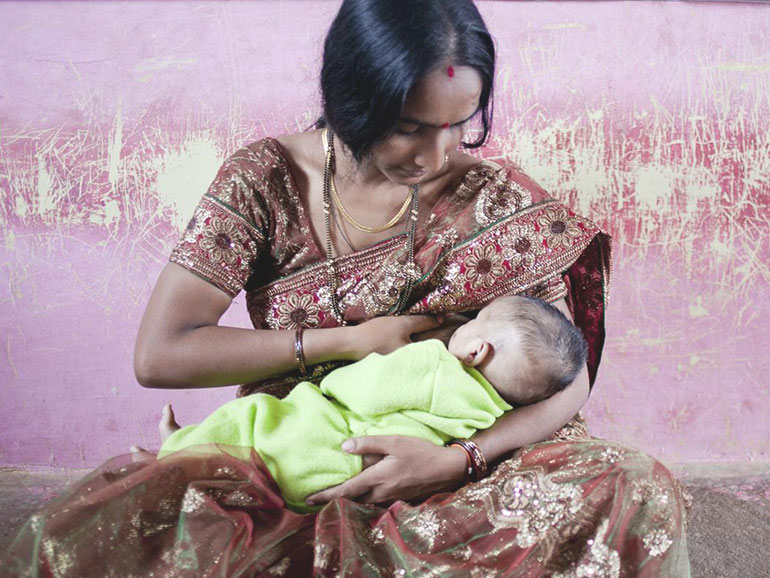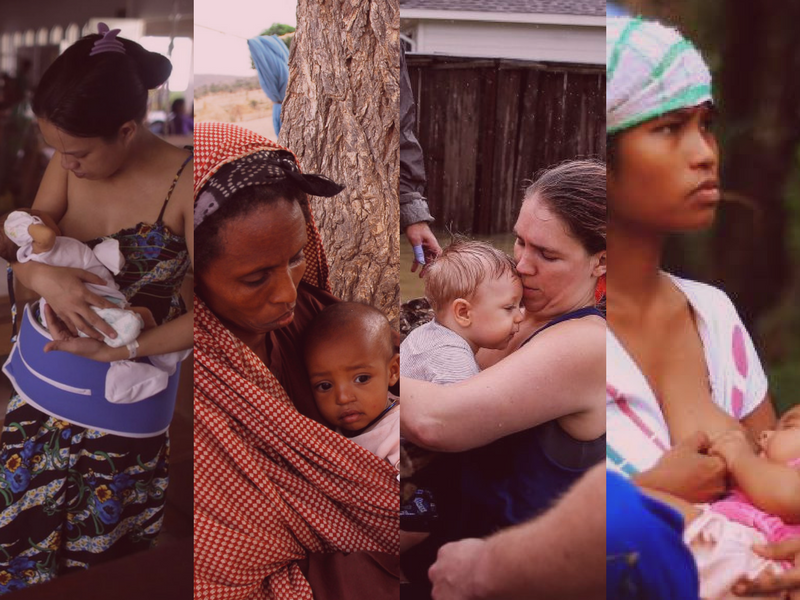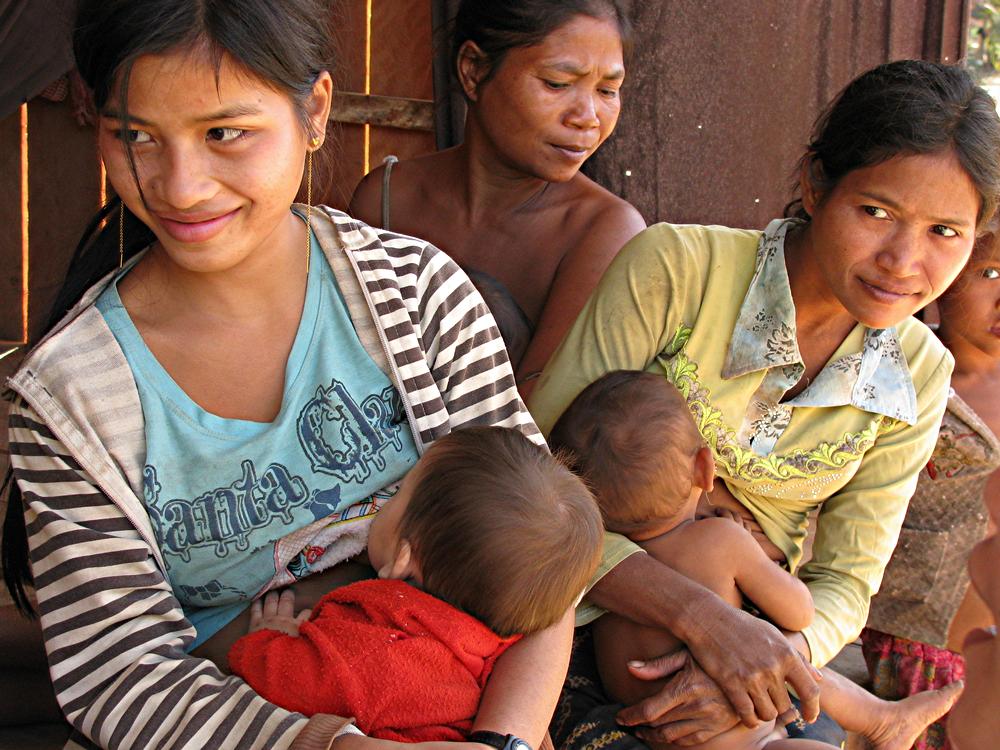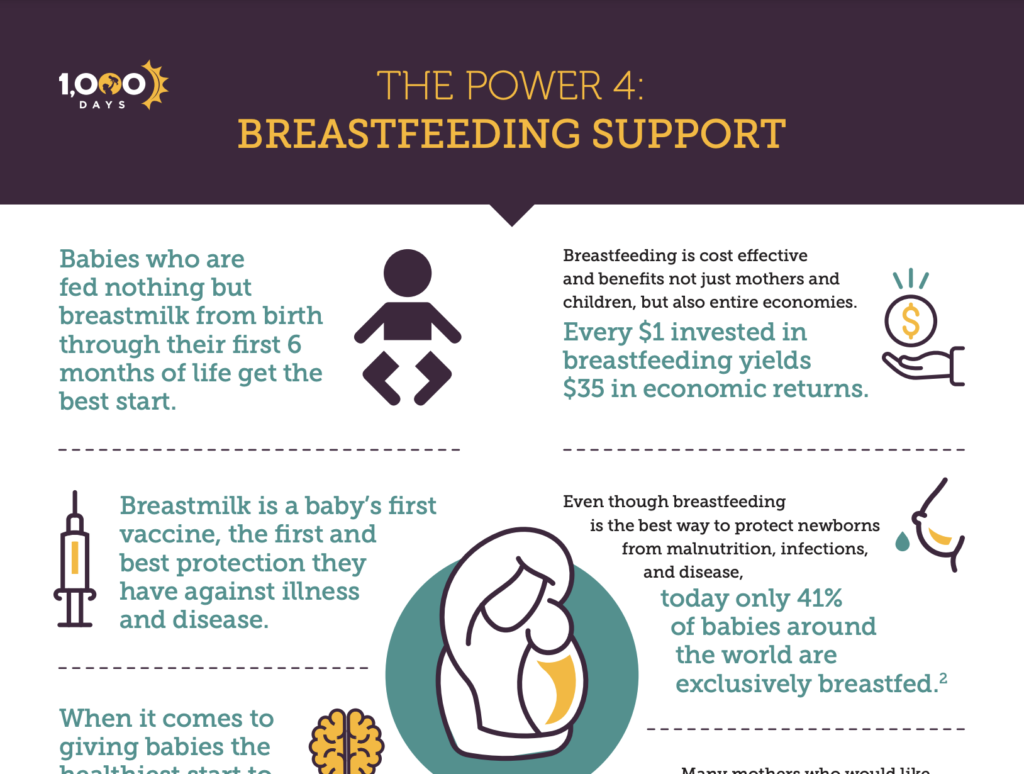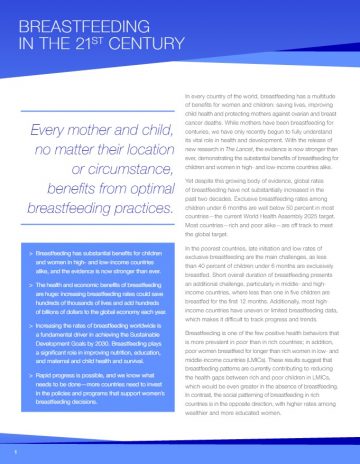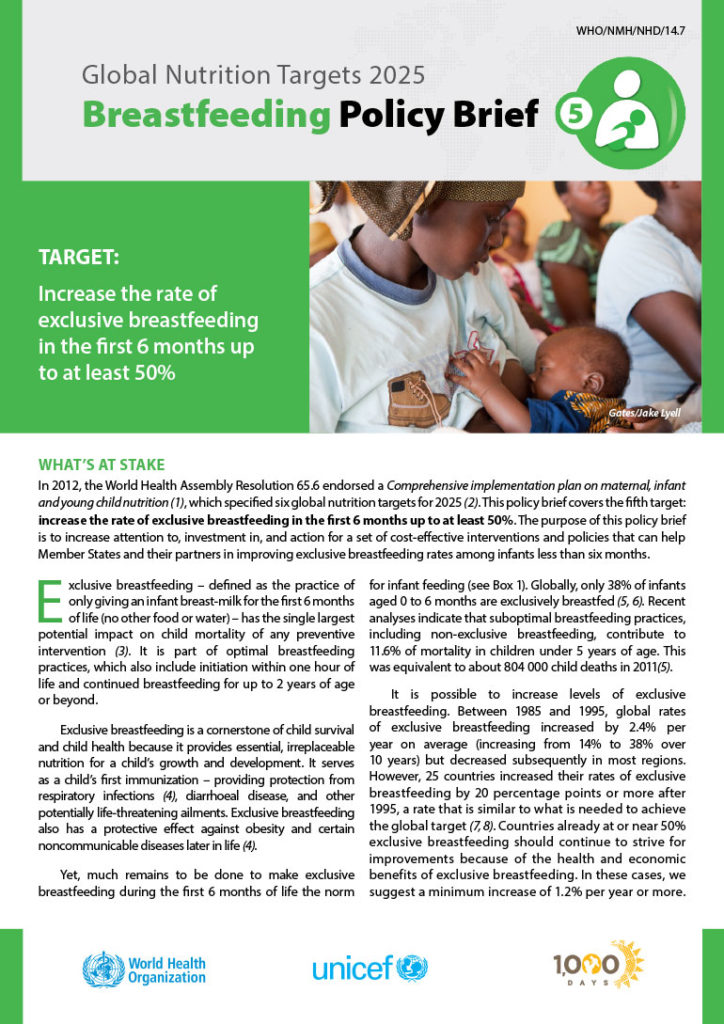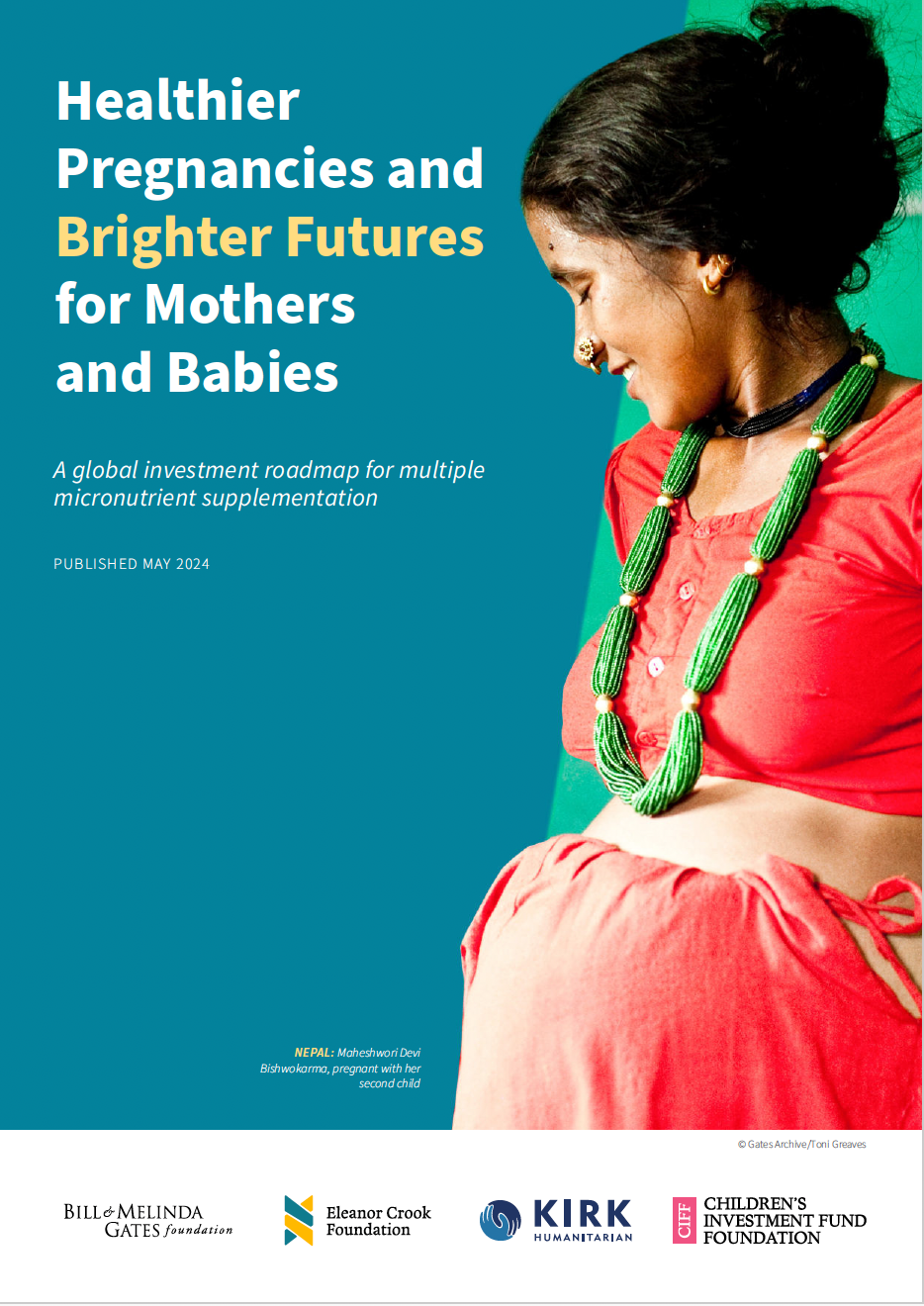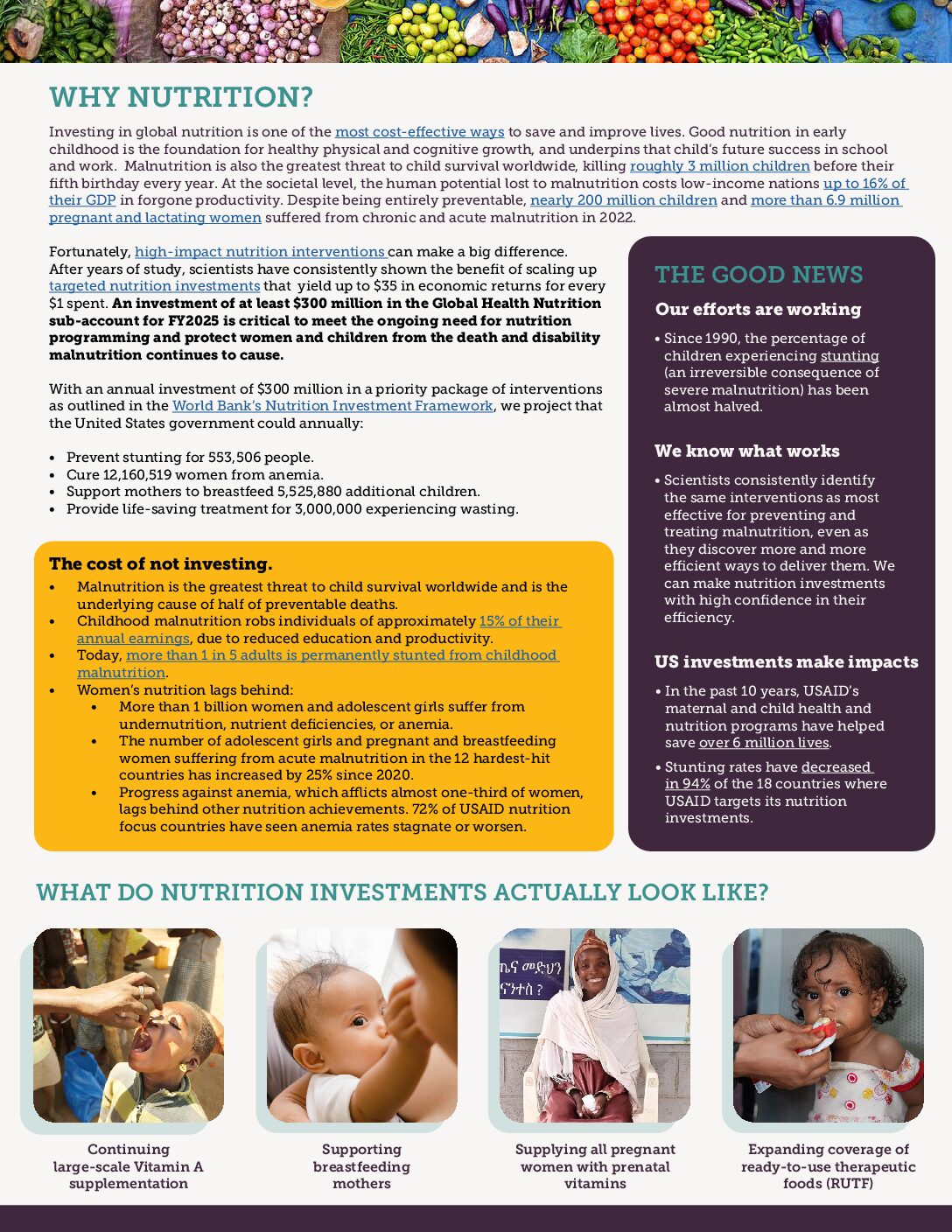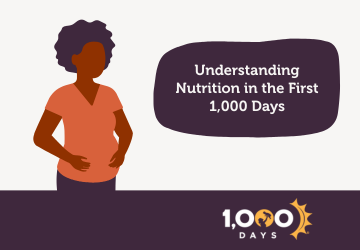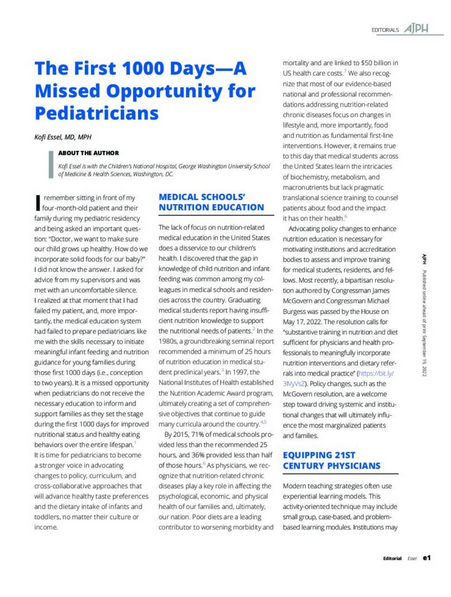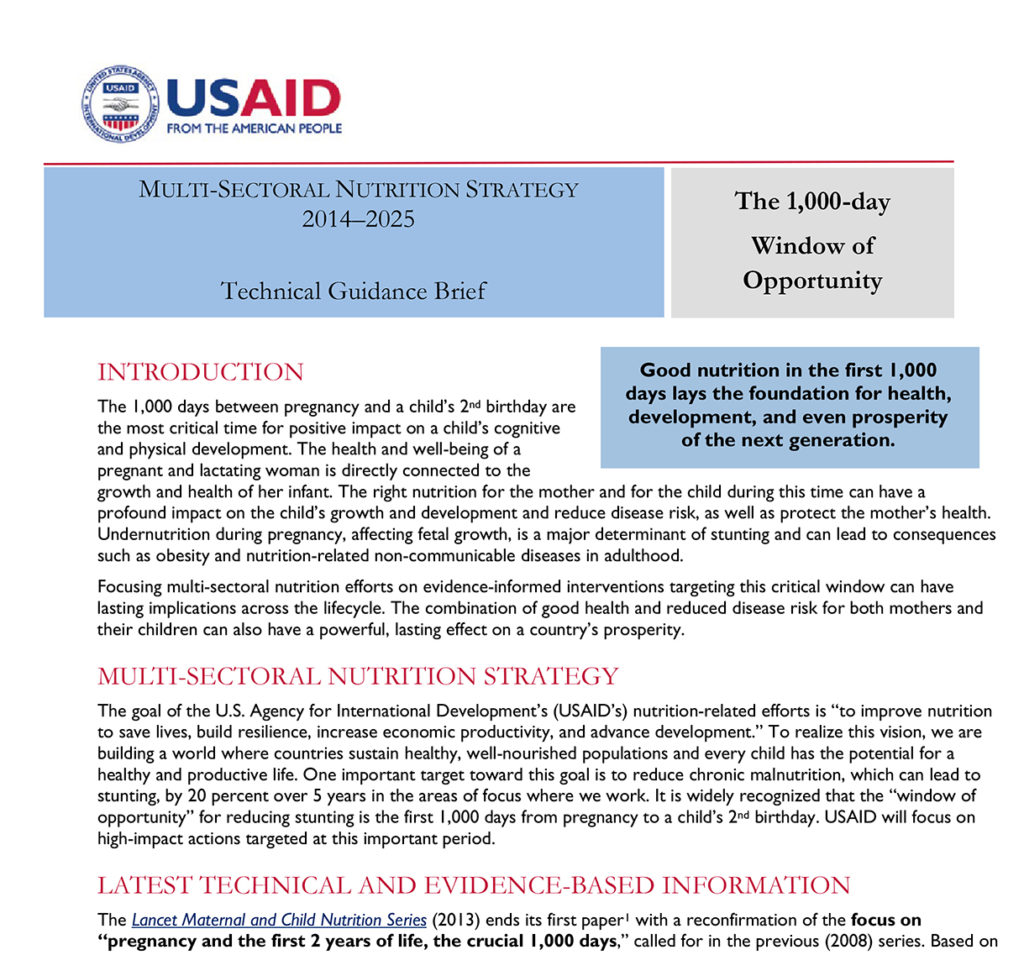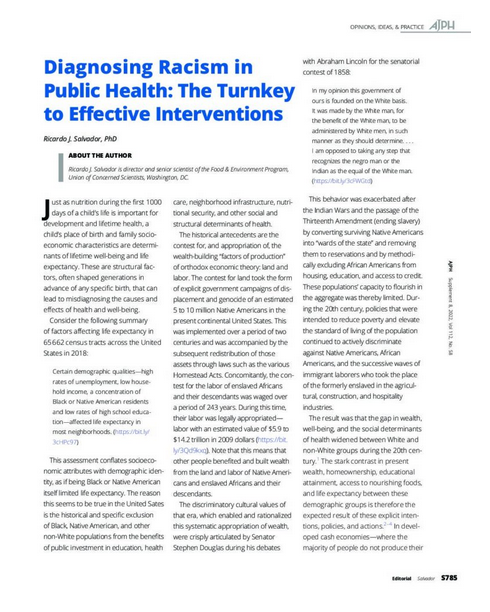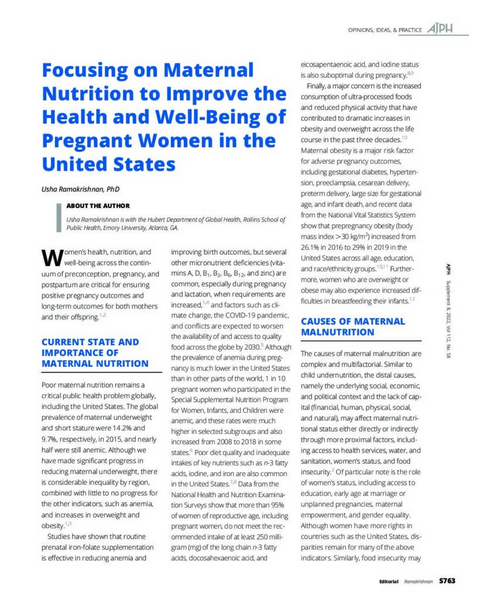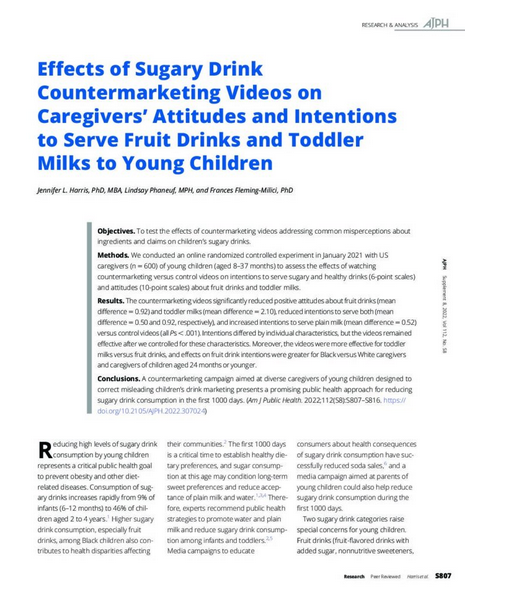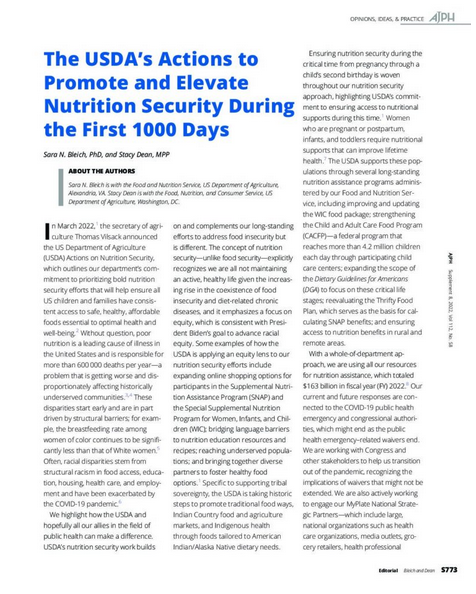N4G 2025 advocacy
The Nutrition for Growth (N4G) Summit is a global pledging moment that brings together governments, donors, the United Nations, philanthropies, businesses, academia, and non-governmental organizations to accelerate progress against malnutrition. Held every four years, the last N4G Summit in 2021 proved the most successful to date, with participants committing over US $27 billion in new funding to tackle malnutrition.
The next N4G Summit will take place on March 27- 28, 2025, in Paris, France. In the two documents below, US civil society has put together recommendations for the US government on what a 2025 pledge should include and why it’s crucial it is made early.
Please note, these documents reflect inputs from across civil society and are not consensus documents, nor do they necessary reflect the views of 1,000 Days.


